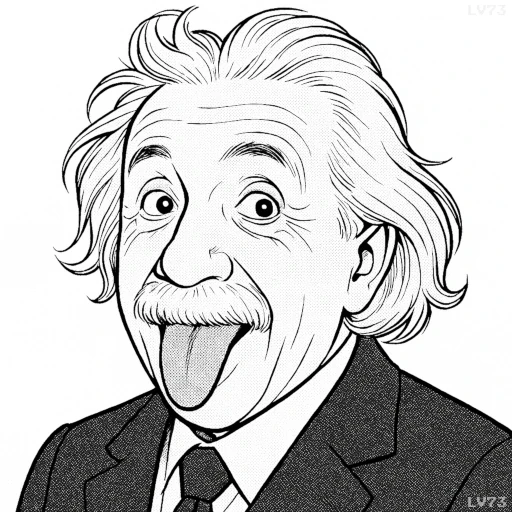“Mozart’s music is so pure and beautiful that I see it as a reflection of the inner beauty of the universe.”

- March 14, 1879 – April 18, 1955
- German-born Jew
- Physicist
table of contents
Quote
“Mozart’s music is so pure and beautiful that I see it as a reflection of the inner beauty of the universe.”
Explanation
In this quote, Einstein expresses his belief that Mozart’s music captures a sense of universal harmony and beauty. He suggests that Mozart’s compositions go beyond human creativity, serving as a window into the inherent elegance of the cosmos. For Einstein, music is not only an art form but also a reflection of the profound order and purity found in the universe. Mozart’s music, with its clarity and simplicity, resonates with Einstein as a symbol of the natural beauty that exists within the fabric of reality.
Historically, many philosophers and artists have regarded music as a medium that transcends human expression, reaching into the deeper structures of existence. Johann Wolfgang von Goethe described architecture as “frozen music,” reflecting the idea that music and art are echoes of universal patterns and principles. Einstein’s statement aligns with this perspective, viewing Mozart’s music as more than just melodies; it embodies a timeless, universal quality that reflects the fundamental beauty of the cosmos.
In today’s world, Einstein’s insight encourages us to recognize art as a bridge between human experience and universal truths. His words remind us that music, and art in general, can offer a sense of connection to something larger than ourselves, allowing us to glimpse the elegance and order of the universe. This perspective inspires an appreciation for artistic expression as a means of understanding and resonating with the deeper, often intangible beauty that shapes our world.
Would you like to share your impressions or related stories about this quote in the comments section?


